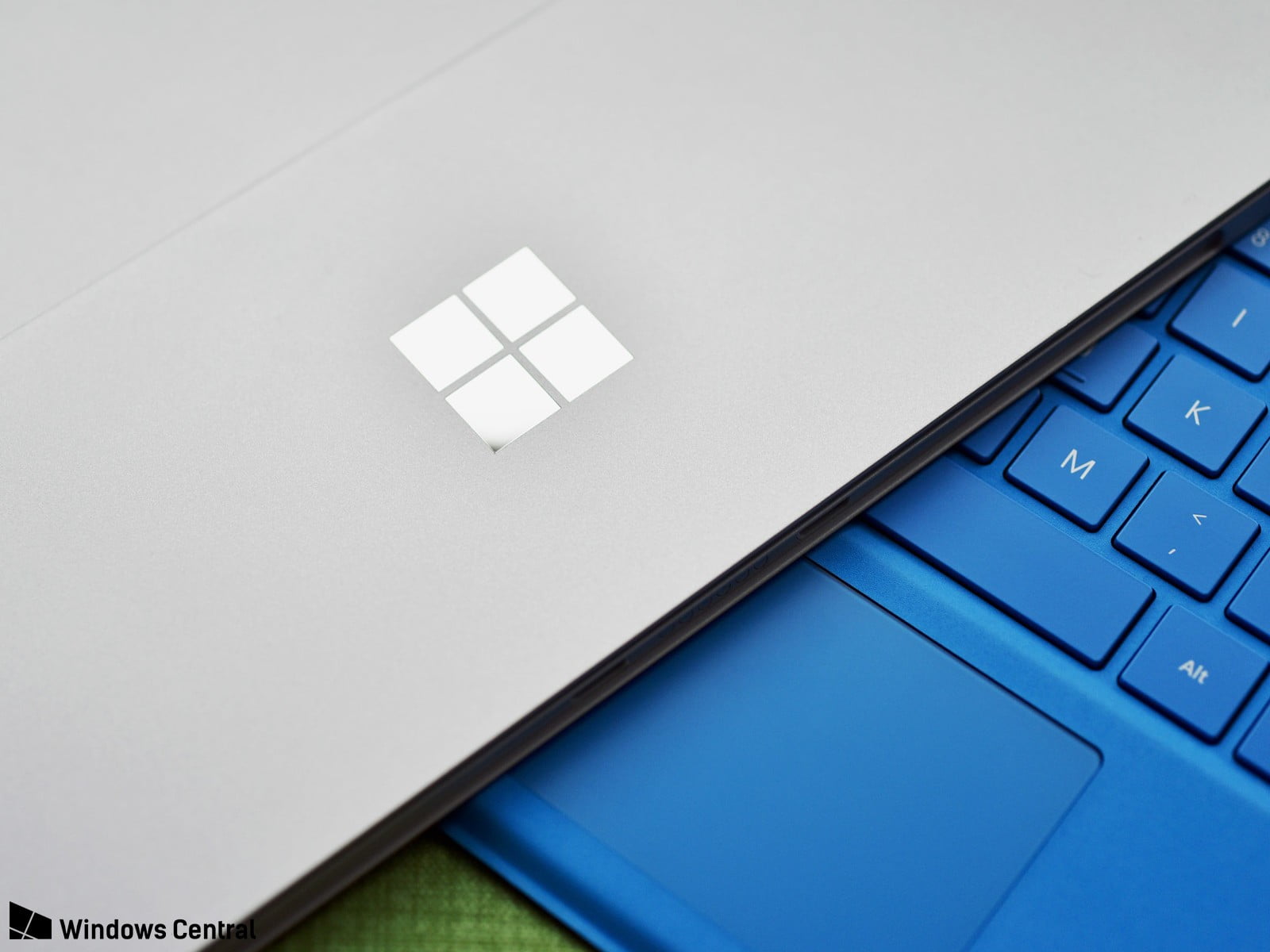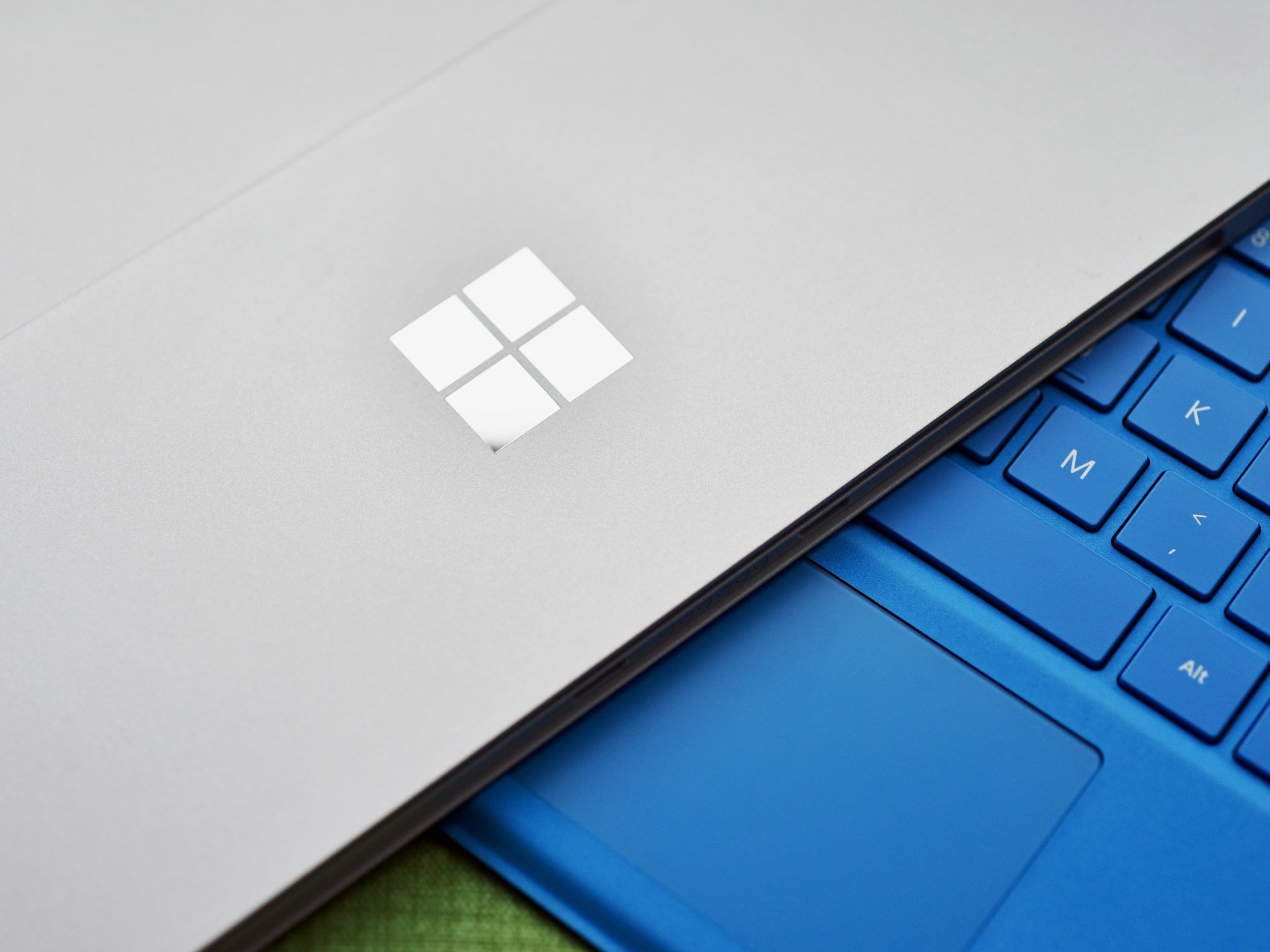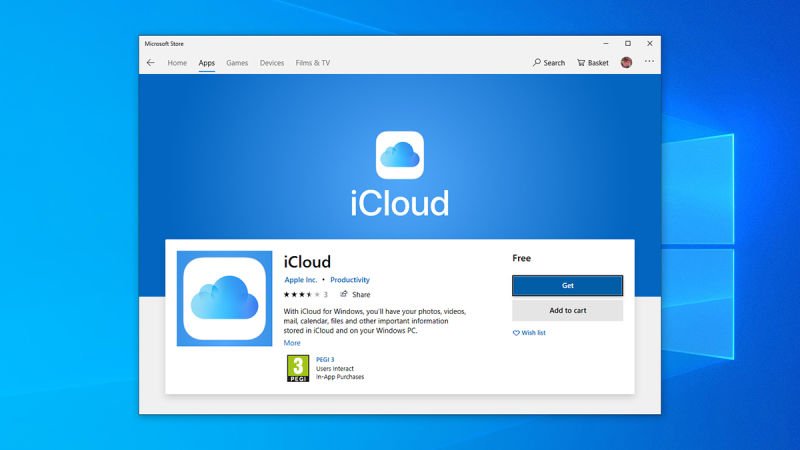

Microsoft’s non-pro line of Surface tablets hasn’t been updated with newer models since 2014, when the Surface 3 launched with an Intel ATOM processor and Windows 8.1. According to a new report from Bloomberg, however, Microsoft may finally be planning to update its budget Surface line with a new 10-inch tablet in the second half of this year.
The report claims the new tablet will be priced around $400 to compete with the iPad, and will also feature softer corners, again similar to the design of the current iPad. What’s more, these new tablets will feature USB-C connectivity instead of Micro-USB, something the Surface 3 featured instead of Microsoft’s proprietary charging port.
What’s interesting here is the report claims these tablets will ship with Intel processors, and not an ARM chip as so many assumed Microsoft would opt for in a new non-pro Surface device. As always, there will also be 64GB or 128GB variants, along with an LTE model for cellular connectivity too.
Of course, along with a new Surface come updated accessories, and the updated 10-inch form factor will see updates to the Surface keyboards, stylus, and mouse at this size. Like the Surface 3, the new 10-inch device won’t come bundled with any accessories, with said accessories being priced lower than the current offerings.
I had heard several weeks ago that Microsoft was indeed prototyping a new 10-inch Surface internally, but my sources had suggested at the time that said hardware would be powered by an ARM processor. Bloomberg’s report claims a new 10-inch Surface will be powered by Intel instead. It seems odd that Microsoft would try so hard to push ARM on partners but opt for an Intel processor in its low-end Surface line instead. I assume there’s a reason behind going with Intel, however.
Regardless, many have been hoping Microsoft would release a new non-pro Surface at some point, as this line of Surface devices are far more affordable and approachable to the masses. A $400 Surface might draw in new audiences that previously weren’t interested due to the high-price of Surface products usually. Selling a cheap Surface is a dangerous game, however, as it’s probably unwise for Microsoft to try and undercut its partners when it comes to Windows hardware.
What are your thoughts on this? Let us know in the comments!
[“Source-windowscentral”]




